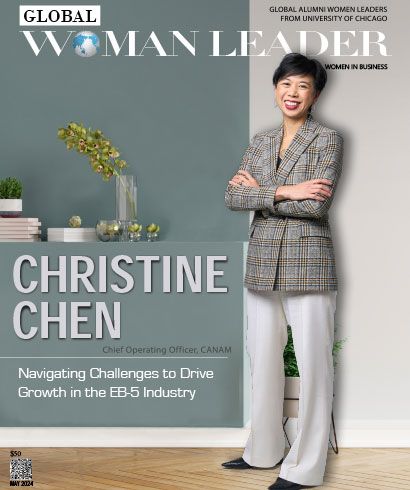ManpowerGroup’s new report shows an acute low percentage of employers i.e., 24% who have achieved gender equality globally. The study also discloses the percentage points of various factors and industries those are putting efforts for eliminating gender disparity in their organisations.
With the changing dynamics of the business sphere, the working conditions are also transforming all across the world. Along with men, women are also getting better at understanding the corporate skills in addition to technological upgradation in their prowess.
Considering the eminent decision-making skills and managerial competence, many organisations prefer having females at their senior leadership roles. However, that many doesn’t go beyond a certain number. In a world full of millions and zillions of organisations catering in different industries, women are still not considered as a good option for having superiority in the hierarchy.
Despite women being good decision-makers, they are always pushed behind when it comes to gender equality in the workplace. Numerous studies declaim that having gender equity in the workplace can help improving the global economy.
Lag in Gender Equity Globally
A new report by ManpowerGroup has called out that only 24 per cent of the employers have attained gender equity in their respective firms. This shows how sluggish the progress has always been towards fostering a diverse and inclusive workplace for women to grow. According to the study, 41 per cent of employers are somewhat getting closer to gender equity but there remains a 10 per cent who are far from attaining equality in their work environment.
The report states, “Gender equality in our definition includes aspects such as equal pay, equal promotion opportunities, and equal leadership development opportunities.”
Basically, below a quarter of employers from all around the world have confirmed about achieving gender equity in their firms which exemplifies that the balance organisations are not considering the importance of having equality for women in their offices.
Provincial Gender Equity Progress
As per the ManpowerGroup study, South and Central America’s 71 per cent of respondents have validated that they are quite close to achieving complete gender equality or they have already achieved it. This shows that these two regions are much more progressive in comparison to other vicinities worldwide.
Additionally, regions like North America have a score of 64 per cent, Europe, Middle East and Africa has 63 per cent and unvaried in Asia-Pacific. We can still consider these regions as progressive since the percentage here is above 50 and shows a hope of acquiring gender equity faster than others.
Notable factors of Gender Disparity in Corporate Realm
When we weigh up on gender disparity in workplaces, the most predominant factor that comes in check is pay equity. There have been several studies that shows gender wage gap in big firms in almost every country globally. This report uncovers that only a 52 per cent of employees agrees that they are on course with pay equity initiatives across the world.
The report unveils the industries that are on-track for pay equity initiatives demonstrating Finance and Real Estate at 59 per cent; Information Technology and Communication Services at 58 per cent; Energy and Utilities at 54 per cent; Transport, Logistics and Automotive at 52 per cent; Industrials and Materials at 51 per cent; Consumer goods and services at 50 per cent and lastly, Healthcare and life sciences at 49 per cent while synopsizing the global average at 52 per cent as a whole.
Moreover, considering the opportunities in promotions, it has been mentioned in the report that only a number of 87 women gets promoted in every 100 men, from entry level to manager in the year 2023. Nonetheless, around 80 per cent of women are willing towards getting promoted to next levels while having higher growth rate at 88 per cent for women of colour and 90 per cent who are under the age of 30.
Action Statements
ManpowerGroup’s chief commercial officer, Becky Frankiewicz stated the importance of everyone’s involvement in employment amidst labour shortages. He says, “Bringing women into the workforce with an equal playing field is an economic imperative, not a nice-to-have. Knowing what women expect and need is the foundation for building equity. Actively upskilling, empowering allyship, leveraging technology to enable flexibility - this is how we unlock potential and growth, both for women and organisations.”
The report also emphasises on the flexibility being the key component since 37 per cent of the employers admit that the most effective thing in securing diverse talent flexibility is working policies. Factually, 60 per cent of women remarks that they switch jobs or leave current position, looking out for more flexibility in workplace.
Summarizing, the organisations need to put more efforts towards gender equality initiatives in order to improve the work environment for women to grow. With this pace, it will take ages for us to eliminate all problems regarding inequality. Employers need to understand that putting men and women equivalently can boost the growth of their organisation as well.
Copyright © All rights reserved. Global Woman Leader



.png)
